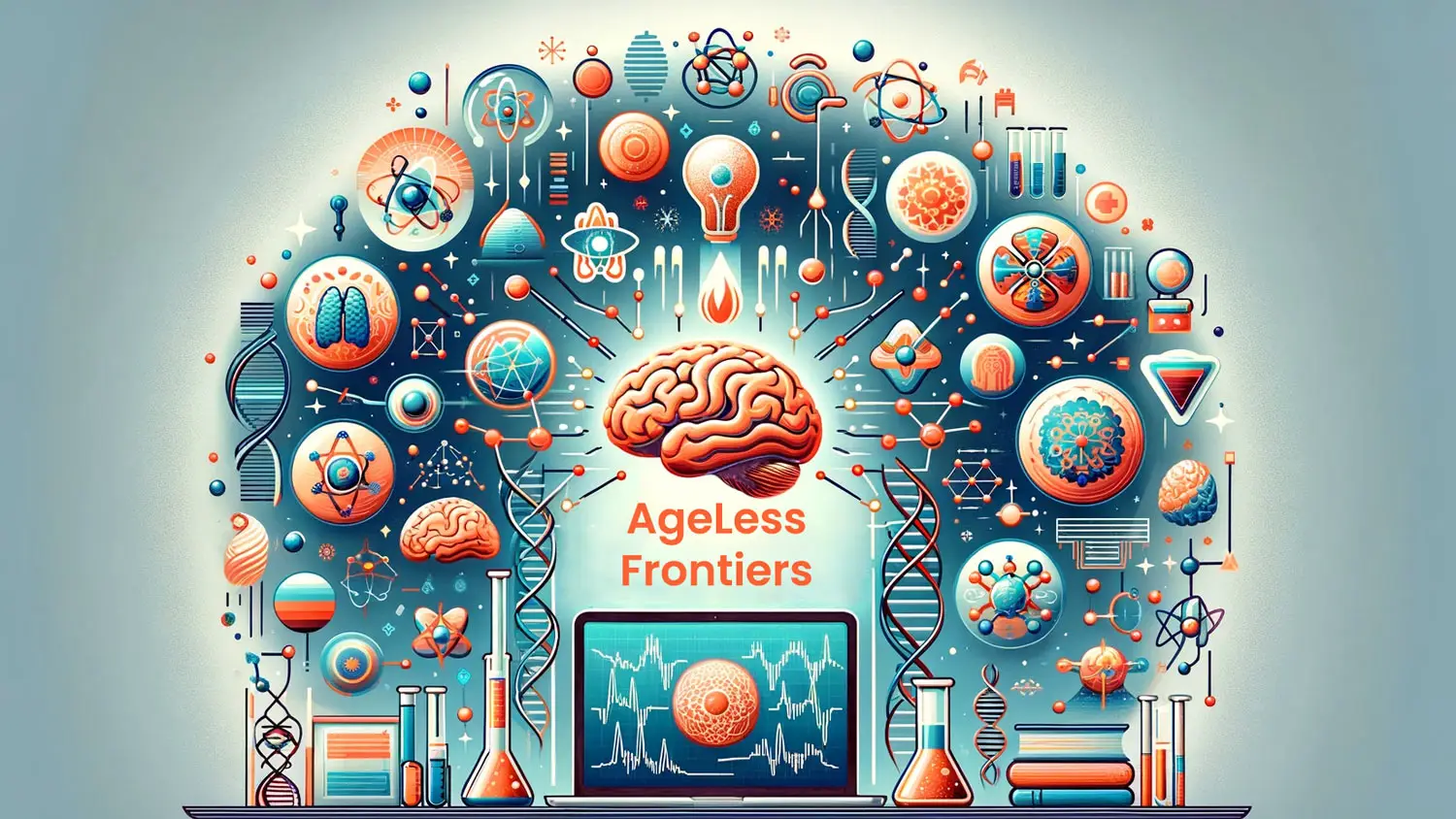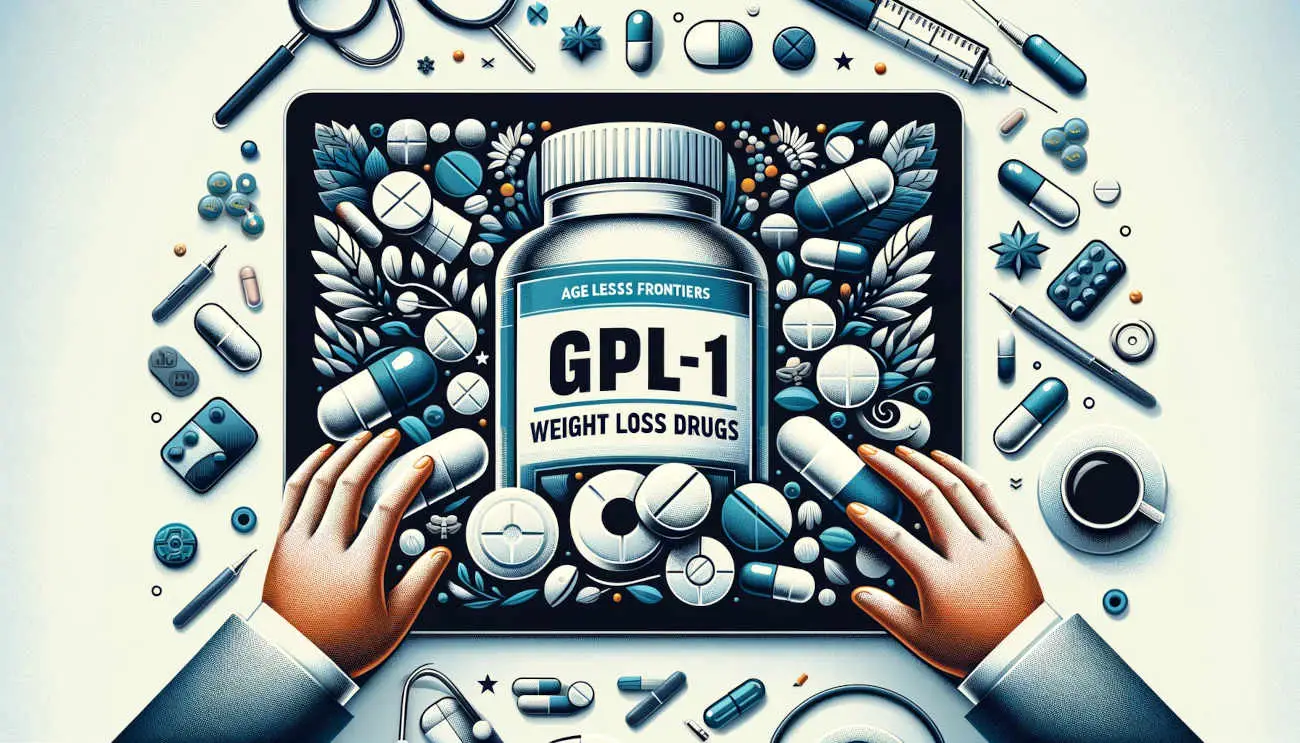Led by expert biohackers and researchers, we explore the world of anti-aging to bring you the most promising and practical insights.


At Ageless Frontiers, we’re more than just a website; we’re a community of dreamers, thinkers, and doers passionate about pushing the boundaries of human longevity.
When discussing the most exciting anti-aging and life-extension treatments, it’s important to note that this field rapidly evolves with discoveries and experimental therapies.
We are a longevity community, share experiences, and learn from one another in our interactive forums.
Whether you’re a seasoned biohacker or just starting, there’s a place for you here at Ageless Frontiers.
We’re committed to providing reliable, up-to-date information grounded in scientific research.
Our team of experts updates our content, ensuring you have access to the latest in the world of hormones, anti-aging, hormone control, and The understanding of what it takes to live to be 120+ years.
Browse our articles, join our discussions, and take the first step toward unlocking your ageless potential with Ageless Frontiers.
AI is increasingly used to speed up the discovery of anti-aging drugs by predicting how different compounds will affect aging processes.
These compounds inhibit the mTOR pathway, which is involved in cell growth and aging. They show potential in extending lifespan and combating age-related diseases.
Nicotinamide adenine dinucleotide (NAD+) is a coenzyme found in all living cells and is essential for energy production. Supplements that boost NAD+ levels are believed to combat aging at a cellular level.
Caloric restriction has extended lifespan in various species. Fasting diets are being explored to achieve similar benefits without constant caloric restriction.
Specific peptides are being researched for their potential to repair damaged cells and tissues, thus contributing to anti-aging effects
Telomeres protect the ends of chromosomes, and their length is associated with aging. Activating telomerase, an enzyme that extends telomeres, is a focus of anti-aging research.
CRISPR technology allows for the precise editing of genes and is being researched for its potential to correct genetic aging factors.
Stem cells can regenerate and repair damaged tissues. Research is ongoing into how stem cell therapies can counteract aging.
At Ageless Frontiers@2024 – We provided the latest news on anti-ageing, hormones, peptides,
anabolic steroids- as well give evidence on new drugs, like GPl-1s, which make people lose weight
fast, with rapid weight loss, and it typically breaks one’s addition of food and alcohol!